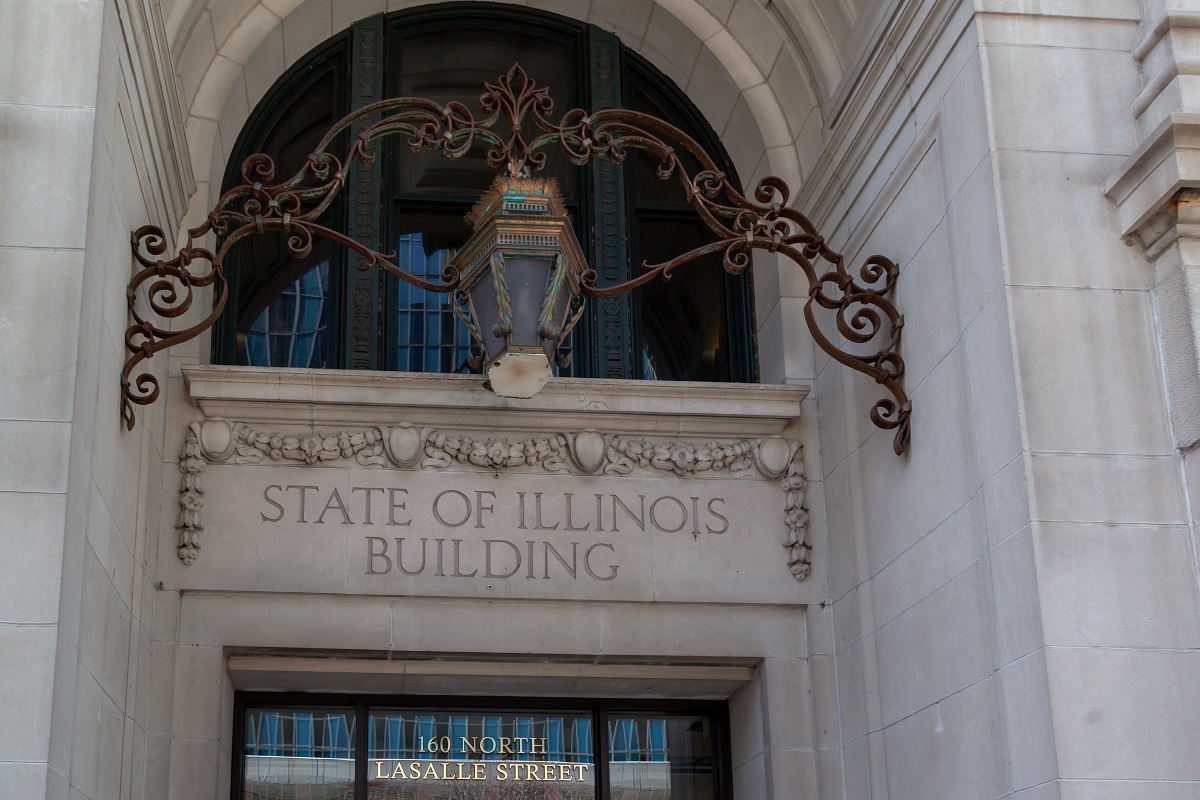The U.S. Court of Appeals for the Eighth Circuit recently affirmed the dismissal of several conversion claims brought by the estate of a deceased account holder against a bank, holding that one of the conversion claims was time-barred, and that the estate did not have standing to pursue the remaining conversion claims as the alleged injury was not fairly traceable to the bank.
Posts published in “Banking”
The Indiana Supreme Court recently reversed the judgment of a trial court granting a credit union’s motion to compel individual arbitration and finding an enforceable agreement to arbitrate between the parties.
The California Court of Appeal, Second Appellate District, recently reversed a trial court's ruling, and held that a defendant bank owed the plaintiff law firm a duty of care based on the special relationship the bank had with the law firm as an intended beneficiary of a probate court’s blocked account order.
The U.S. Court of Appeals for the Sixth Circuit recently held that, because a bank teller paid checks on an account that had insufficient funds by “mistake” and did not take those checks “for value” by issuing replacement “teller’s checks,” the bank was entitled to restitution for the amount of the checks under the Tennessee Commercial Code.
The Appellate Court of Illinois, First District, recently rejected a borrower's arguments that his breach of a forbearance agreement was immaterial, and that the lender was attempting to use the breach for an improper purpose by attempting to recover substantially more than the amount to which it was allegedly entitled.
The Supreme Court of Indiana recently reversed and remanded a trial court’s order compelling arbitration of two bank customers’ putative class action complaint. In so ruling, the Court held that the account agreement’s change-of-terms clause did not allow the defendant bank to add an addendum compelling arbitration and restricting class actions to the terms and conditions of the customers’ account agreement.
The U.S. Court of Appeals for the Third Circuit recently affirmed the dismissal of a consumer’s claims under the federal Truth in Lending Act, 15 U.S.C. § 1601 et seq., and its implementing regulation, Regulation Z, 12 C.F.R. § 1026. In so ruling, the Third Circuit held that TILA does not require disclosure of each individual component of the total annual fee in a renewal notice for a credit card.
The U.S. Court of Appeals for the District of Columbia Circuit recently reversed the ruling of a trial court and concluded that the Consumer Financial Protection Bureau’s Prepaid Rule, which regulates digital wallets and other prepaid accounts, does not mandate a “model clause” in violation of the Electronic Fund Transfer Act.
The U.S. Court of Appeals for the Fifth Circuit recently affirmed the ruling of a trial court rejecting various claims by a non-customer that a bank owed a fiduciary duty to ensure that assets were kept in a trust for the non-customer.
After nearly a decade of litigation, the U.S. Court of Appeals for the Second Circuit recently affirmed the dismissal of a putative class action brought against more than 20 international financial institutions alleging a conspiracy to manipulate Yen-LIBOR and Euroyen TIBOR rates.
The U.S. Court of Appeals for Eighth Circuit recently held that, when plaintiffs bring a facial challenge to a final agency action, the right of action accrues, and the limitations period begins to run upon publication of the regulation.
The California Court of Appeal, First District, recently held that a qui tam plaintiff may pursue a California False Claims Act (CFCA) action predicated on a bank’s failure to report and deliver escheated property, even if the California State Controller does not provide appropriate notice to the bank under California Code of Civil Procedure Section 1576.











